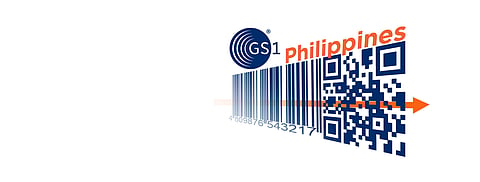
- NEWS
- the EDIT
- COMMENTARY
- BUSINESS
- LIFE
- SHOW
- ACTION
- GLOBAL GOALS
- SNAPS
- DYARYO TIRADA
- MORE

A barcode business player in the Philippines is advocating for barcode technology to protect consumers and lead the country’s fight against counterfeit medicines and medicine supplies.
In a statement, GS1 Philippines said the push comes as the Philippines remains on the radar of international agencies for fraudulent medicine products. Earlier this year, the U.S. Trade Representative reported that the Philippines was on its US piracy watchlist due to growing concerns about the manufacture and distribution of counterfeit pharmaceutical products.
The USTR described the country as one of the leading sources of counterfeit medicines distributed globally. In 2019, the UN Office on Drugs and Crime said the Philippines had the most cases of pharmaceutical crime incidents, including counterfeiting, in Southeast Asia.
To address these challenges, GS1 Philippines has been actively implementing Global Trade Item Numbers (GTINs), which standardize labeling and tracking systems, streamline the management of medicines and supplies, and improve the supply chain.
GTINs can capture crucial data, such as the date of manufacture, expiration date, and the manufacturer’s name, enhancing product identification and verification.
“The threat of counterfeit medicines compromises both consumer safety and trust in healthcare providers. By leveraging barcode technology, we can establish a cohesive integration of global standards that prioritizes patient safety, particularly in regions facing serious challenges with counterfeit products,” said Roberto “Bobby” Claudio, president of GS1 Philippines.
It is also conducting initiatives to promote the streamlined integration of barcode technology across the healthcare supply chain, including pharmaceutical and medical device manufacturers, wholesalers and distributors, group purchasing organizations, hospitals, pharmacies, logistics providers, governmental and regulatory bodies and trade associations.
Teodoro B. Padilla, executive director of the Pharmaceutical and Healthcare Association of the Philippines and Officer and Trustee of GS1 Philippines, underscores the importance of collaboration to enhance barcode awareness among stakeholders in the healthcare sector.
“PHAP supports this innovation, acknowledging its potential to verify products and prevent counterfeit medicines from reaching patients. To further strengthen our fight against fake drugs, PHAP urges collaboration among pharmaceutical companies, regulatory bodies, healthcare providers, and the general public to expedite the adoption of this technology, strictly enforce regulations, and increase awareness to ensure the safety and well-being of Filipino patients,” Padilla said.
GS1 Philippines’ initiatives complement the government’s vision of modernizing the delivery and supply chain in the healthcare sector. The Department of Health recently emphasized the need following the discovery of over P1 million worth of expired medicines in Albay.
